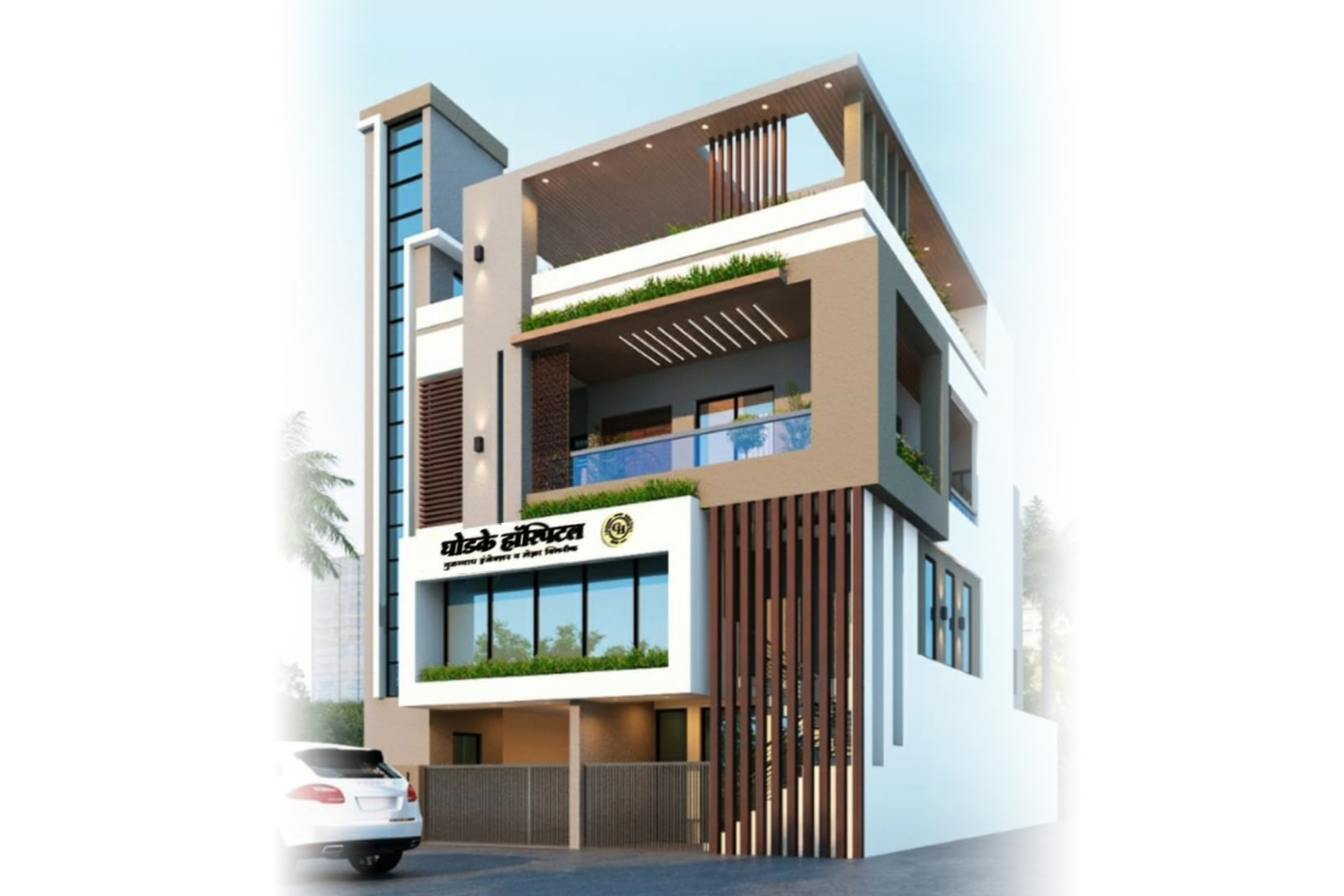Pilonidal Sinus Treatment
Pilonidal Sinus
Ghodke Piles Hospital in Beed is one of the leading and well-known providers of various advanced and painless treatments for Anorectal disorders and problems like piles, Fistula, Fissures, pilonidal sinus, anal warts and so on, get treatment from the best piles doctor in Beed. Ghodke Piles Hospital is a one-stop multispecialty healthcare service provider that follows a patient-centric approach to offering advanced treatment against pilonidal sinus. Get Treated for Pilonidal Sinus. Contact us today!
Pilonidal sinus causes:
The exact cause of pilonidal cysts isn’t clear But most pilonidal cysts appear to be caused by – Skin problems, pressure or friction that may cause hair between the buttocks to be pushed inwards. This may either be hair growing around the buttock area, or loose hair shed from the buttocks or elsewhere that gathers around the buttock cleft and enters the pilonidal sinus. Friction and pressure — skin rubbing against skin, tight clothing, bicycling, long periods of sitting or similar factors — force the hair down into the skin.
Pilonidal sinus symptoms:
- Pain often gets worse when you’re sitting.
- A small dimple or large swollen area between your buttocks. This is usually the pilonidal cyst. You may notice the area is red and feels tender.
- An abscess with draining pus or blood.
- Foul smell from draining pus
Pilonidal sinuses treatment
If you have no symptoms then you will normally be advised to clear the affected area of hairs (by shaving, etc) and to keep the area clean with good personal hygiene. If you have no symptoms, it may include the following:
Antibiotic– If your case is discovered early on, you aren’t in excruciating pain, and there isn’t any evidence of inflammation, your doctor is likely to recommend a broad-spectrum antibiotic. A broad-spectrum antibiotic is one that may be used to treat a variety of microorganisms. It’s crucial to understand that while this won’t repair your sinuses, it will provide respite from the infection and discomfort. Your doctor will advise that you undergo a follow-up exam, shave or remove hair from the affected area on a regular basis, and pay special attention to hygiene.
Phenol injection– Your doctor will initially provide a local anaesthetic before proceeding with the procedure. They will next inject phenol, an antibacterial chemical component, into the cyst. It’s possible that this method will have to be repeated multiple times. The lesion will eventually harden and close as a result of this treatment. This treatment has a high rate of recurrence. As a result, it’s rare in India. In some circumstances, doctors resort to surgery as a therapy option.
Lancing– An abscess, or an accumulation of pus inside the sinus, is treated with this treatment. Your doctor will administer a local anaesthetic prior to the surgery. The abscess will next be opened with a scalpel. Hair, blood, and pus from inside the abscess will be removed. Your doctor will apply sterile dressing to the wound and enable it to heal from the inside out. The wound normally heals in four weeks, and many people don’t need any additional care.
Surgery– Your doctor will prescribe surgery if you have a reoccurring PNS or if you have more than one sinus tract. A local anaesthetic will be administered first. The surgeon will then open the lesions and remove all pus and debris. The surgeon will sew the wounds closed once this operation is completed. Your doctor will show you how to change the bandages after surgery and may advise you to shave the area to prevent hair from growing into the wound.
Laser Pilonidoplasty – Laser Pilonidoplasty is an Advanced Laser Procedure for Pilonidal Sinus. The main advantage of LPP is faster recovery with negligible pain and recurrence rate
Care at Ghodke Piles Hospital

CALL US ANYTIME
084593-13196
VISIT US
Ghodke Hospital, Behind Shantai Hotel, Jalna Road Beed – 431122
BOOK AN APPOINTMENT
Click here to book an appointment at Medicare.


